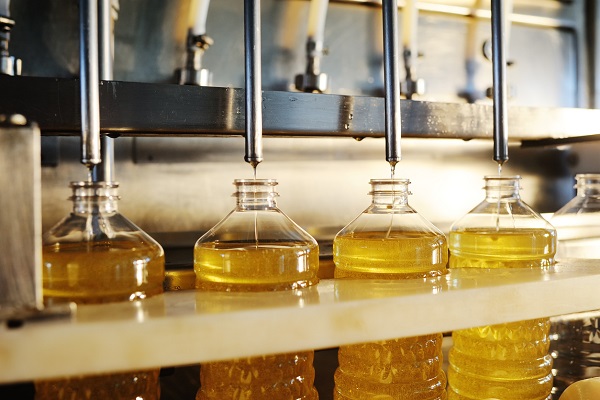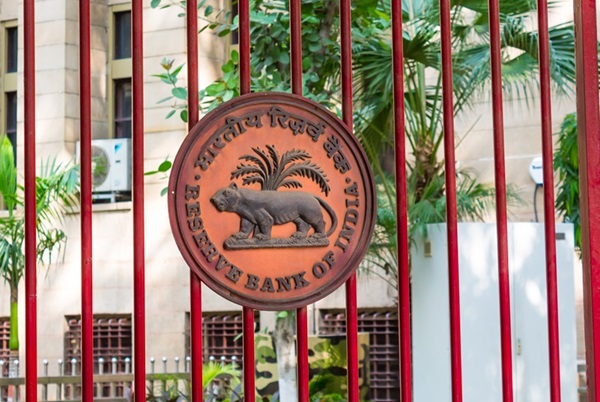.png)

Chandrashekhar is an economist, journalist and policy commentator renowned for his expertise in agriculture, commodity markets and economic policy.
October 18, 2025 at 4:51 AM IST
Should customs duties remain fixed for a year for a politically sensitive and volatile commodity like edible oils? The idea sounds orderly in theory but collapses in practice.
A recent report by Assocham, “Tariff Volatility and Stakeholder Dynamics in India’s Edible Oil Sector”, proposes a medium-term tariff plan spanning three to five years with annual reviews and advance notice for revisions. Such recommendations, while well-meaning, miss the larger picture of India’s edible oil ecosystem and the capricious nature of global commodity markets.
The report implicitly sides with refiners, overlooking that tariffs exist primarily to protect domestic oilseed growers and consumers, not to preserve industry margins. Refining profits are not, and should not be, the nation’s priority.
Volatile Reality
The global oil trade is uncertain—shaped by geopolitics, shifting currencies, erratic weather, biofuel mandates, and the occasional supply shock. Expecting tariff stability in such an environment is wishful thinking. Prices of palm, soybean, and sunflower oil can turn in a matter of days, not months, demanding the government’s agility, not its restraint.
The proposal to offer a 30-60 day advance notice for tariff changes betrays poor understanding of market dynamics. A cargo of palm oil takes less than 20 days to reach Indian ports from Malaysia or Indonesia. By the time a notice period expires, the market could have changed course entirely, making the decision redundant—or worse, counterproductive.
For the record, with a $15 billion bill, India is the world’s single largest vegetable oil importer. The sheer scale of dependence means tariffs cannot remain static. They must move both ways, raised or reduced as conditions warrant, to protect the most vulnerable stakeholders.
Moreover, neither the government nor the trade possesses reliable forecasting systems to anticipate global price shifts. Announcing tariff changes in advance would only invite speculation. If duties are expected to fall, importers would delay shipments, tightening domestic supply. In a duty hike is anticipated, they would rush cargoes, leading to the exchequer losing revenue.
This kind of advance notice may work for industrial goods, but in agriculture—where markets react by the day—it is a recipe for chaos. It would encourage speculative activities in the market, work against the interest of domestic growers and consumers and defeat the purpose of liberal import policy.
Much has been made of the customs duty differential between crude and refined oil imports. Refiners argue for a wider gap to safeguard their margins. Yet refining crude vegetable oil, which is mandatory under the Food Safety and Standards law, is neither complex nor deeply value-adding. It merely renders the product edible-grade, at a cost of $50-60 a ton, about 5% of the imported crude vegetable oil’s value.
India’s refining industry has built capacities far exceeding domestic needs, creating idle assets now seeking protection through tariff policy. But policymaking must not be held hostage to excess capacity.
What is truly needed is better data and proactive policymaking. Import contract registration, which covers quantities, prices, types of oil and arrival schedules, could give policymakers the intelligence to anticipate market changes and adjust duties accordingly. This, however, remains absent.
Shared Responsibility
A stronger domestic base would make the refining industry less dependent on tariff cushions and more in tune with the country’s long-term needs. But its responsibility doesn’t end at the factory gate.
When duties are lowered, refiners should pass on the benefit instead of waiting for government reminders. Too often, price cuts vanish somewhere along the chain.
Tariffs were never meant to underwrite industry profits; they exist to keep trade flows steady and shield small farmers and consumers from the world’s turbulence. When prices can swing overnight, rigidity becomes risk. Tariffs have to follow the market’s pulse, not resist it. Stability may sound sensible, but it too easily slips into complacency.




